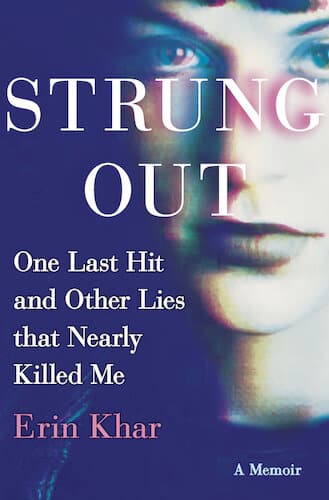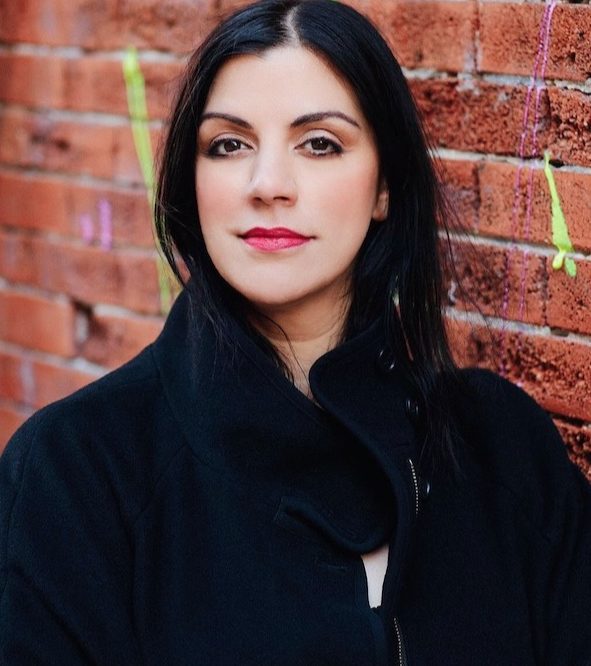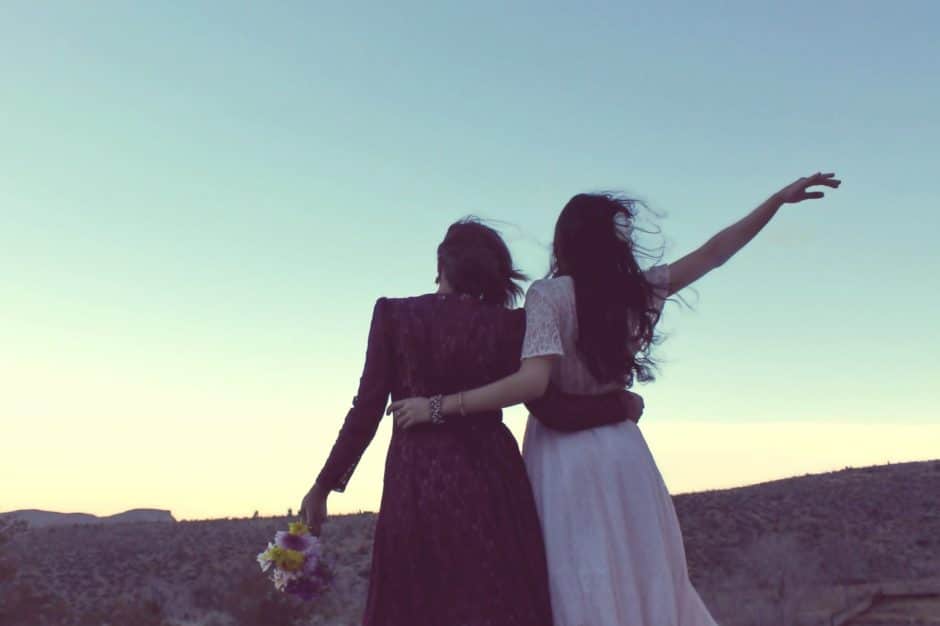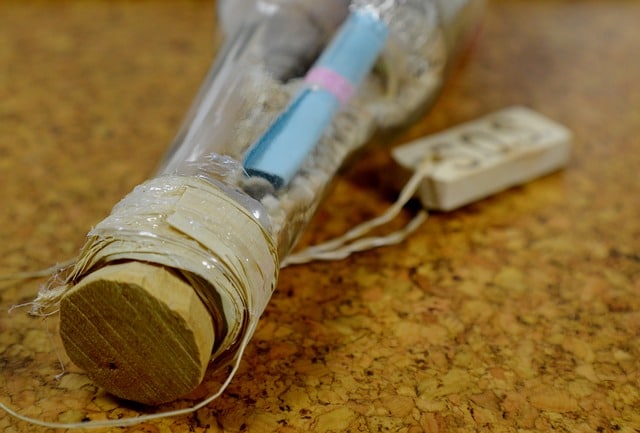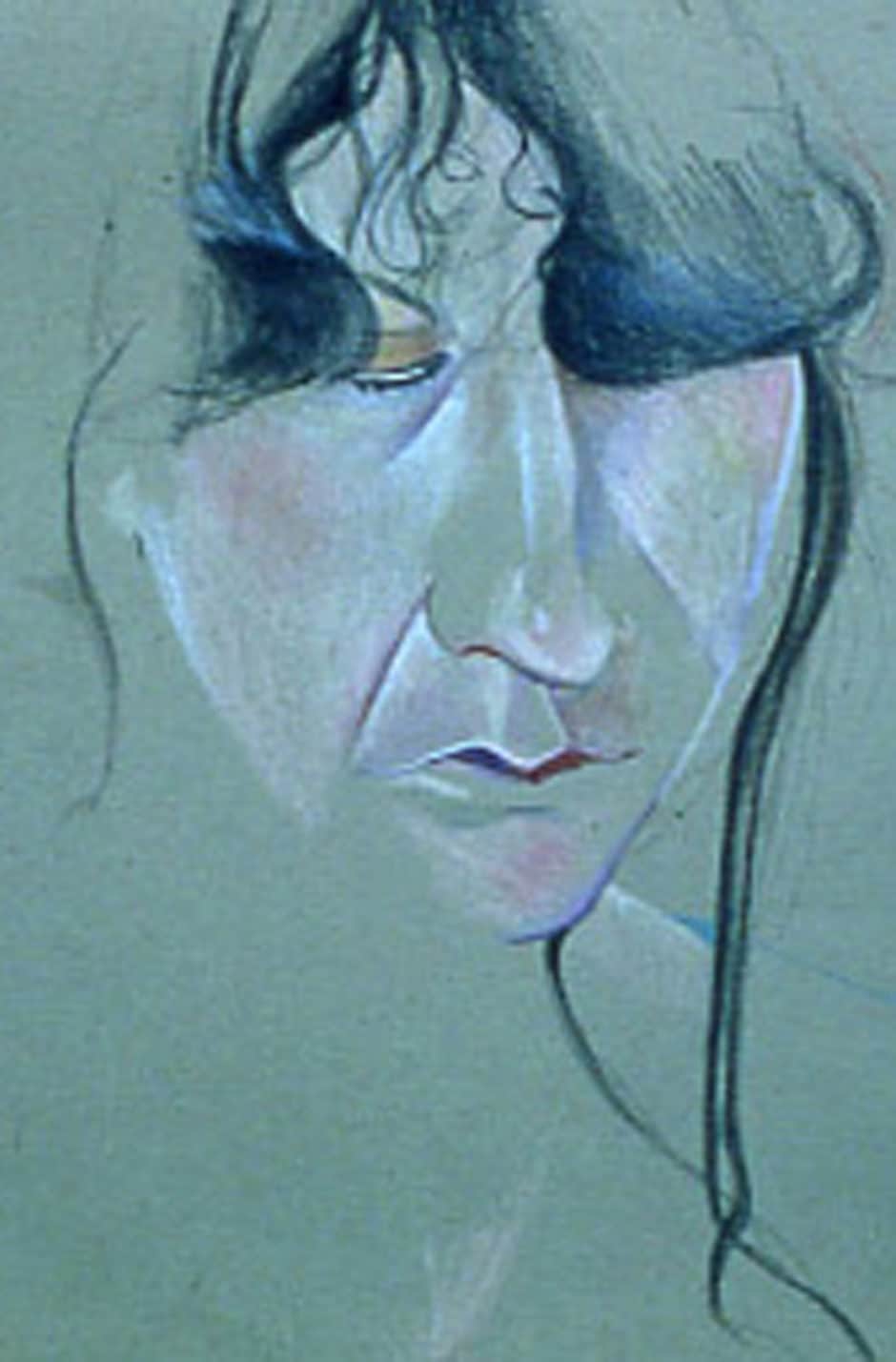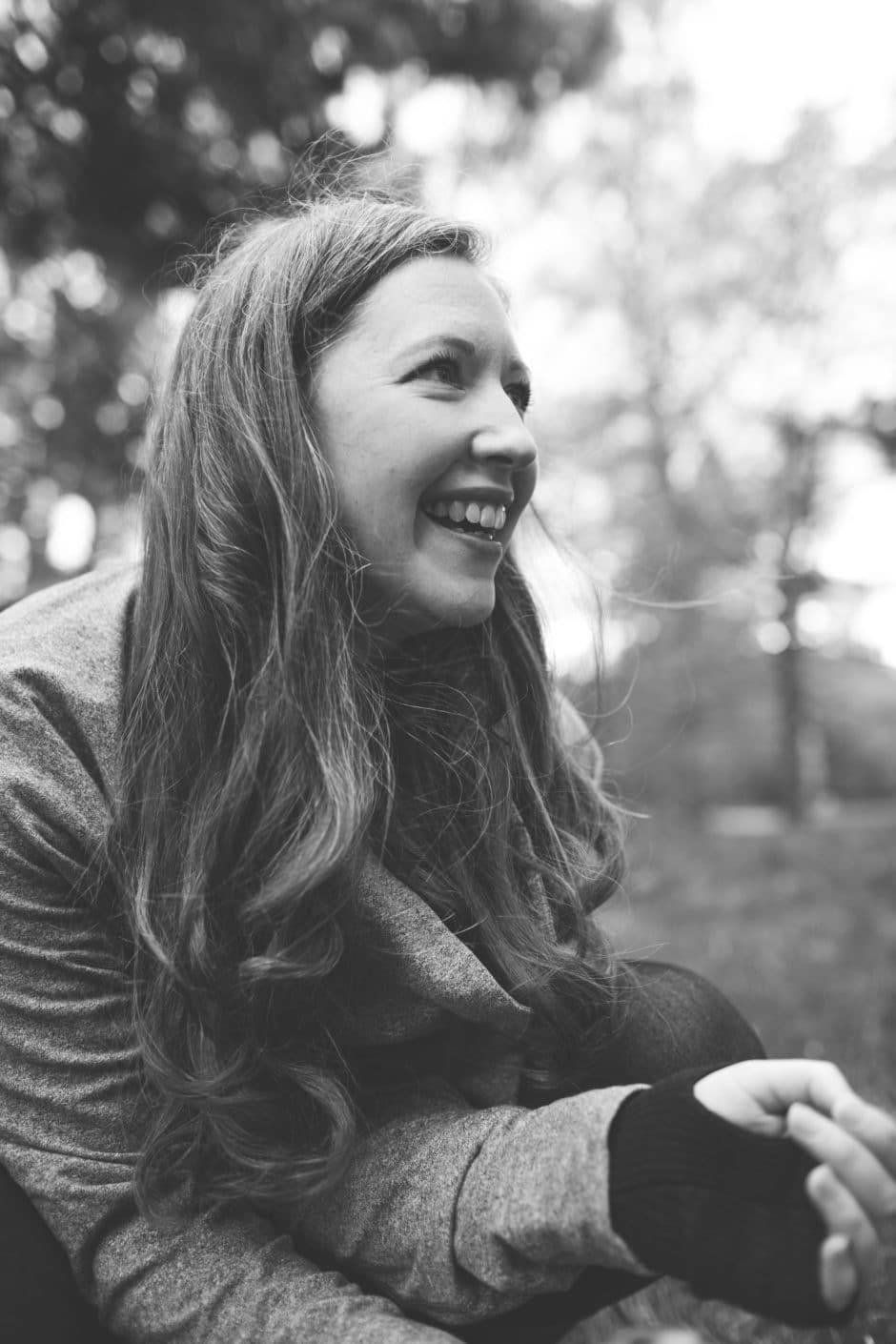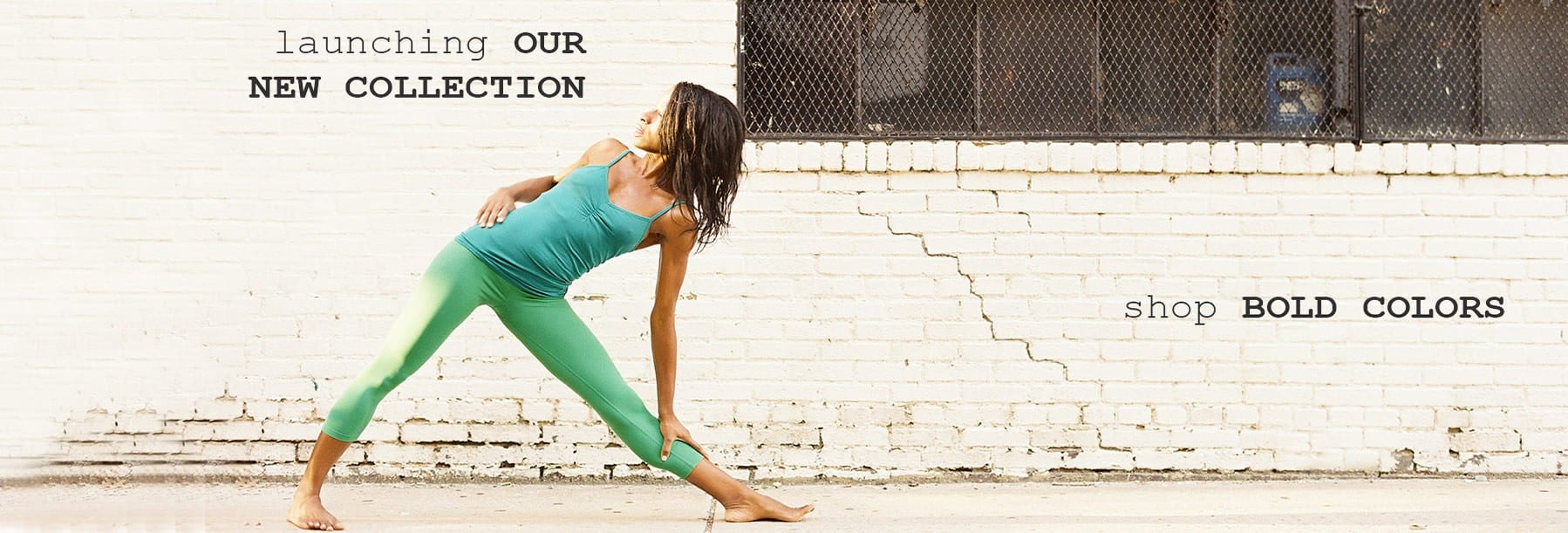By Rebecca Portela
My senior year of high school started in the midst of my deterioration. I spent a lot of my time reading memoirs of women with eating disorders, while my mother read psychology books on understanding women with eating disorders. Our relationship was fickle, despite the fact that we both just wanted me to be healthy and didn’t know what was causing me to be in such distress all the time.
Thinness was just the side effect of my strict regimen of calorie counting, exercising, and sheer mania. It was simply an ongoing endurance test, and I constantly needed to push my limits. And I always took it too far. My personal record was a whole week without eating or sleeping. Because why stop at starving? Let’s add a side of delirium, too. I spent most of the time at a friend’s house doing jigsaw puzzles. We had taken over the dining room table and the living room floor. We eventually had to dismantle our least favorites to make room for new puzzle stations. I was quite proud of our specific strategy styles. I pulled out the corner pieces and the edges, and he immediately grabbed the two closest pieces and tried to make them fit together. Sometimes he would force them, mashing his thumb down on top of them, convinced that they belonged together. Without speaking, we made piles of same-colored pieces and designated them accordingly. Sometimes we would have to speak and say things like, Be on the lookout for a little hat with some gold in it. During smoke breaks, he sat at the edge of his pool and splashed his feet in the water. He’d take in a big drag and as he exhaled, he’d make definitive claims like I’m gonna move to New Zealand and become a welder. I walked around the edge of the pool, stepping in the exact middle of each tile and saying something like, Can I come with you? We watched the sun come up on the seventh day and, by then, the leaves on the trees were puzzle pieces with little bits of sky. My cigarette smoke made love with his on top of the pieces of puzzle sunrise. I blinked and heard my eyelid unstick from my eye, like fresh Velcro. I knew that he would never move anywhere and he knew I would never go with him. The freckles on his hands lifted off and popped like juicy bubbles, interrupting all the smoke sex. A wild laugh bounced around at the back of my throat and I threw up all of it with the rest of the emotions in my gut. My back was itchy, which was how I knew I was on the grass now, crying or laughing or screaming or puking.
I fainted at school, and they called my mother to come and pick me up. She warmed up a can of soup that was in my pre-approved cupboard of “safe” foods. It was a soup called “Super Broccoli” and contained exactly sixty calories, and not much else. I waited until she left the room and dumped it down the garbage disposal. It wasn’t long after these periods of rebellion that my body kicked into survival mode and ate, whether I wanted it to or not.
This is where bulimia creeps out of the woodwork. Bulimia terrifies me because she is a slippery garden hose, whipping around in all directions and out of control. She is a gluttonous savage that devours everything in sight and then rejects it. She goes from zero to sixty to zero again in the blink of an eye. I did everything possible to kill that bitch.
I frequently turned to drugs and men when I couldn’t control my eating disorder. It was the only way to curb my obsession and compulsions, which were the actual root of my problem. After my first encounter with drugs, I craved the escape. I craved the insanity. I craved the feeling that nothing is real and so nothing really matters. I liked that my thoughts were turned off and that food wasn’t the focus of my existence. I was too busy being out of my mind. I didn’t have to care about anything.
My utter recklessness should have sent me to an early grave. As I peaked on one of my acid trips, I had a fleeting thought that a police officer, in the distance, suspected something. Or was that a tree? Speaking of which, I needed to get home to plant a tree because I needed to feel connected to the earth. Everything was connected. I was the earth. I was invincible. So I jumped in my car and played a very dangerous game called Driving Home on LSD, listening to “Eleanor Rigby” on repeat. Waits at the window, wearing the face that she keeps in a jar by the door. Who is it for? All the lonely people, where do they all come from? It took me an eternity to drive the twelve miles from Coconut Grove to Cutler Ridge––two hours in real time. I didn’t even have a driver’s license at the time. My hands gripped the steering wheel so tightly that they were throbbing and visibly pulsed in front of me. The traffic lights wore majestic tails that stretched out into the swirling neon signs of strip clubs and bars. The fusion of lights, honking cars, and the mysterious symbols on the dashboard was making it impossible to concentrate. A little lightbulb went off in my head every second, rapid fire, you need to push on the pedal, you need to push on the other pedal, now the other pedal again. It was exhausting and a little bit of an existential crisis. I’m still dumbfounded that I didn’t kill anyone that night.
The comedown was always the worst. My entire body was crawling with bugs that weren’t really there. They were digging into my skin and some even made it all the way into my blood, burrowing into my identity, taking over. I wanted to surrender to the creepy crawly bugs of sadness. I could feel myself giving up. I was losing myself.
2002, eating disorder treatment, take two. The treatment facility tried to incorporate “real life” as much as possible, so that it wouldn’t be as difficult to transition back into the world upon leaving. We were assigned an apartment in a building with regular people. The first floor was the eating disorder floor and the second floor was the substance abuse floor. And the other ten floors were for normal people. Our roommates were also people in the program who vowed to follow an honor system and refrain from “behaviors.” One of my roommates came outside on our porch to join me for a cigarette. She scolded me for doing sit-ups in the middle of the night and told me to cut the shit or leave. The weird part was that I did actually want to get better, but my eating disorder had been with me for so long and had been what kept me company all these years. Little rebellions were all I had left. So I found myself doing sneaky little things just to feel the slightest bit in control. Every night I would slink into the kitchen when everyone was asleep and dump out some of my salad dressing and fill it with vinegar. By the end of the first week, it was 100 percent vinegar. I had never felt more pathetic. I decided to give recovery a real shot.
Each morning both floors boarded a bus that we called the Druggy Buggy, to head to the main building, where we spent most of the day in groups and individual therapy and met with our nutritionist. I was very expressive in group, writing allegories and poems about my eating disorder, comparing it to an abusive lover, a rabid animal, or even a parasite baby inside my womb. At night we would attend various Anonymous meetings around the area. Almost all of the women in the treatment center had issues with drugs and co-dependency, so we attended those meetings as well.
On my eighteenth birthday, I boarded the bus and smushed my face up against the window. I stared out at the traffic and chanted to myself This.is.not.my.life. This.is.not.my.life. Thisisnotmylife. A child in a car seat stared back at me from a car driving below. I forgot where I was for a moment and made silly faces, making the little boy laugh. I glanced over at the mother driving the car. She looked up at me and smiled. She became startled as she noted the words on the side of the bus, checked out the twenty other twig-shaped people inside, and sped off. I peered over the side and read: IN RECOVERY. It might as well have read: THIS BUS IS FULLA CRAZIES. HIDE YOUR CHILDREN.
I stepped on the scale with the number facing away from me. My nutritionist frowned and scribbled some notes on my chart.
“What’s wrong? What’s happening?” I asked.
“We’ll need to up your fat intake by 50 grams. You’ve lost some weight,” she replied casually. That put me up to 120 grams of fat a day. Being a vegan, this meant I had to chug olive oil.
“This doesn’t make any sense. I thought we were supposed to be learning how to eat normally. Normal people don’t have a nice tall glass of oil with their dinner. Seriously, this is insane. I won’t do it. This is bullshit.”
This particular treatment center operated very differently than any other facility I had experienced. They banned all sugar and flour from our diets and focused on a more whole foods approach. The idea was that sugar and flour were addictive empty calories. It was also one of the main reasons I agreed to admit myself. Ya know, before I knew I’d be doing shots of oil without a chaser.
The girls that were following their meal plan and maintaining their weight got special privileges. They got to choose between a thirty-minute run, an outing with a trusted pre-approved person, extended phone calls, or being able to come along on group field trips. I was doing really well and got awarded all privileges. As I sat awaiting my turn on our bowling outing, all that oil just didn’t seem worth the payoff.
For my unsupervised outing with my person, I chose my boyfriend, Jason, to take me to dinner. There was a vegetarian restaurant called Here Comes the Sun that I was excited to go to. I had never been to a fully vegetarian place before. He came to pick me up and we hugged for a long time. We hadn’t really spoken since I told him I had a problem, a problem so big that I needed to go to rehab for it. He was as supportive as he could be for someone he’d just started dating, but he didn’t really know how to proceed.
We started driving and the farther we drove from the center, the more antsy I got. What if we just ran away and never went back? What are they gonna do? I needed to rebel in some way. I had to take this opportunity.
“Pull in here,” I said, pointing to a cheap motel off the highway.
“What? Why? We have reservations. What are you saying?”
“C’mon. I miss you. It’ll be hilarious.”
He turned into the parking lot and we giggled wildly as we walked to the front desk knowing we would be checking out a few hours later. I giggled even more. I was skipping dinner. And going to get away with it.
The room greeted us with fragrant, stale must. The one working lightbulb strobed and hummed, leaving little to the imagination of what kind of sketchy meetings this room had seen. The motel bathroom was maybe once lime green, but now had a permanent brown film coating the walls. The shower curtain was decorated with cigarette holes. We looked at the floor and sat on opposite sides of the bed.
“You look well. How are you really doing though?”
The air conditioner dripped arrhythmically.
“I’m good. Can we talk about something else?”
He started talking about his grandmother, who was sick but still had her spirit. He tried to visit her once a week. They always went to the same restaurant. And he always made the same jokes that she liked to laugh at. He told me stories of stupid things his friends had done over the weekend. I rested my hand on the unusually moist bed and immediately yanked it back to my lap. We were sitting in front of each other, like a jail call with the glass in between us. I was in jail and he was living on the outside and this wasn’t real life. The light flickered, making his face look like he might ask things like, Do you want to die tonight? I started to cry and he awkwardly moved over to me and put his arms around my shoulders. He smelled like fresh mint and cloves.
The week before I was discharged, my therapist had me write a letter to myself that she would send to my house six months later. I stared at the blank piece of paper and honestly couldn’t imagine what six months from then would even look like. Or what I would possibly want to read from my six-months-younger, in-treatment self. What wise words of wisdom could transcend the barriers of a possibly relapsed future me? Or a possibly flourishing me? Or a possibly deceased me, and my poor mother opening this now irrelevant letter from her then-alive daughter?
Bex,
Don’t fuck it up.
Seriously.
I stuffed the letter in an envelope and gave it to my therapist.
“That was a short letter.”
“Yep. Short and sweet.”
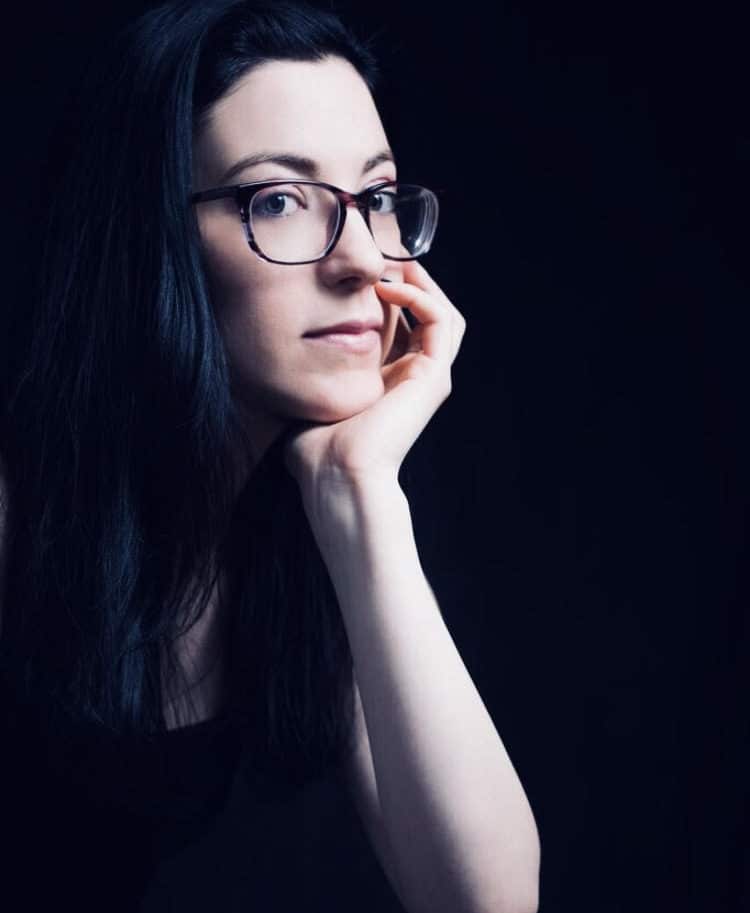
Rebecca Portela is a writer and speaker for human rights and animal protection in New York City. She specializes in the genres of psychology and comedy writing. She recently finished writing her memoir, Unearthed, where she uses her unique sense of humor to address difficult subject matters, including PTSD and sexual abuse. Her work can be found in Idle Ink magazine, Beyond Words (Queer Anthology), X-Ray, trampset, io Literary, Stone of Madness Press (inaugural issue), and elsewhere.
~~~~~~~~~~~~~~~~~
Upcoming events with Jen
~~~~~~~~~~~~~~~~~~~~
Anti-racist resources because silence is not an option.
~~~~~~~~~~~~~~~~~~~~
THE ALEKSANDER SCHOLARSHIP FUND



